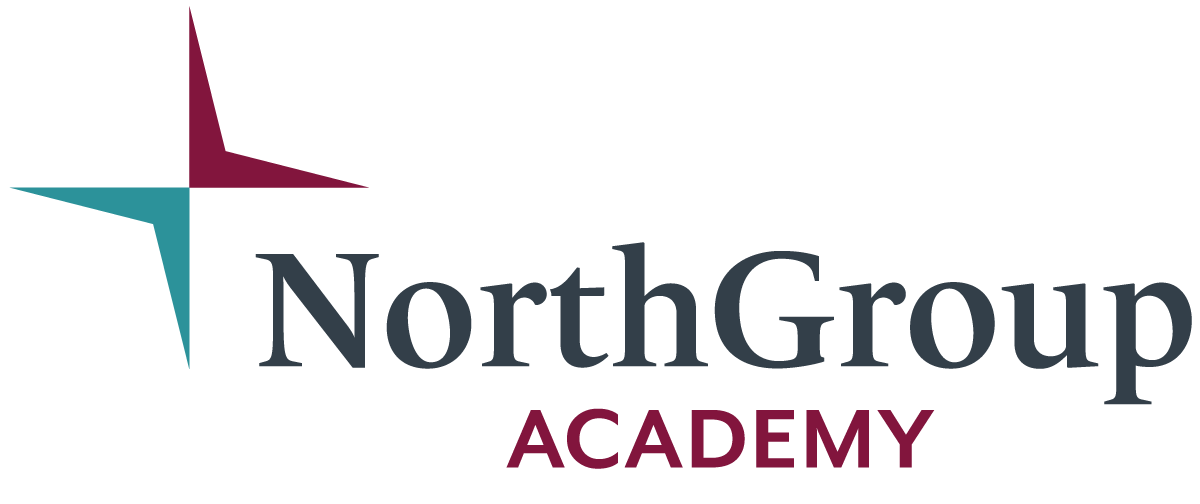This wasn’t just a business strategy—it was a mindset. Instead of seeing fellow agents as rivals, they viewed them as partners in growth. By lifting each other up, they were building a community that won—not just in sales, but in trust, reputation, and long-term relationships. In a market driven by connections, this group understood that the greatest success comes from collaboration.
1. Shared Knowledge and ExpertiseBeing part of a community allows you to learn from each other’s experiences. Whether it’s market trends, negotiation strategies, or legal updates, members can share valuable insights that help everyone grow professionally.
2. Networking Opportunities
A real estate community provides access to a wider network of professionals, including realtors, brokers, mortgage lenders, and property inspectors. These connections can lead to referrals, partnerships, and business growth.
3. Collaborative Deals
Collaboration often leads to opportunities to co-list properties, work with other agents, or even form strategic alliances. This teamwork can lead to more successful transactions and shared commissions.
4. Support System
The real estate market can be tough and competitive. Having a community to lean on during challenging times, for advice, encouragement, or emotional support, makes the journey easier and less isolating.
5. Access to Resources
Members of a community often share resources like property listings, marketing materials, or tools. This collective access can reduce costs and improve efficiency for everyone involved.
6. Increased Visibility
Engaging with a real estate community increases visibility among peers and potential clients. By attending events, sharing listings, or offering expertise, realtors can raise their profiles within the industry.
7. Learning and Professional Development
Many real estate communities offer training, workshops, or mentorship programs. These resources help agents stay up-to-date on best practices, market trends, and new technologies that can enhance their business.
8. Referrals and Leads
A strong real estate community is often a source of referrals. Members who trust each other are more likely to recommend clients or refer leads to one another, which can result in more business.
9. Reputation Building
Consistently participating in a real estate community helps realtors build a reputation of trustworthiness and expertise. This reputation can lead to long-term relationships with both clients and peers.
10. Shared Marketing Efforts
In some communities, members can pool resources for marketing campaigns, social media strategies, or events. This shared effort can lead to a broader reach and better exposure for each agent involved.

